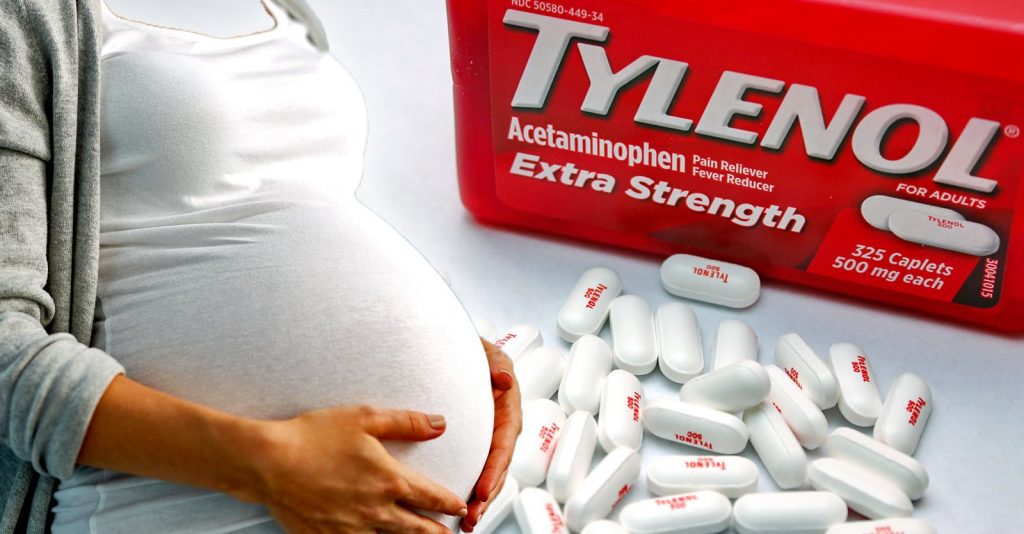RFK Jr. To Reveal Possible Link Between Tylenol Use in Pregnancy and Autism—But Science Isn’t Settled Yet
I read something today that stirred up a knot in my chest, something I felt the need to put into words right away. According to the Wall Street Journal and confirmed by Reuters, RFK Jr., who now serves as Health Secretary, is preparing to release a report suggesting there might be a connection between taking Tylenol (acetaminophen) during pregnancy and autism in children. The report will also mention folate deficiency as a possible factor and even propose folinic acid—a form of folate—as something that might ease autism symptoms in some kids.

When I saw that, my heart skipped a beat. I remember using Tylenol during my first pregnancy, feeling guilty for the smallest headache or fever. Could something that felt so harmless really carry a shadow we didn’t know? At the same time, my skepticism kicked in. Medicine is never black and white, and headlines like this demand a closer look.
So I dug deeper. I found that a big Swedish study, looking at nearly 2.5 million children between 1995 and 2021, initially showed a slight increase in neurodevelopmental risks when moms had taken acetaminophen. But when researchers compared siblings—kids who share the same genetics and home environment—the risk disappeared. In fact, no increased chance of autism, ADHD, or intellectual disability was found. That gave me a little relief: maybe Tylenol isn’t the culprit after all.

But then there’s that Mount Sinai study, just a few weeks old, which seemed to tip the scales back toward concern. It compiled evidence from over 100,000 participants across multiple countries, using a rigorous method called the Navigation Guide. It concluded that higher-quality studies were more likely to show links between prenatal acetaminophen exposure and autism or ADHD. It gave me pause.
And still, expert groups remain cautious. The American College of Obstetricians and Gynecologists continues to say that Tylenol is safe during pregnancy when used responsibly, and Tylenol’s maker, Kenvue, maintains that no causal link has been proved. The more I read, the more nuanced it all felt—the science isn’t settled, and the stakes are so deeply personal.

I found myself thinking about the moms who will read RFK Jr.’s report and feel fear and guilt. The last thing any expectant parent wants is the anxiety of wondering whether a simple pain reliever could harm their child. And yet, if there is even the slightest chance of harm, we deserve transparency and clarity. Isn’t it fair to expect science to guide us with honesty and humility?
I don’t have the power to settle this for anyone. What I do have is a wish that reports like this encourage more research—better data, more open discussion, and clear guidance for doctors and families. Because at the end of the day, it’s not about headlines or politics. It’s about helping parents make informed choices, knowing we’re acting with both caution and compassion.
We need to tread carefully, balancing the need for relief from fever or pain during pregnancy against the possibility of risk. Consult doctors, stay informed, and hold systems accountable for giving us the clearest possible answers.


